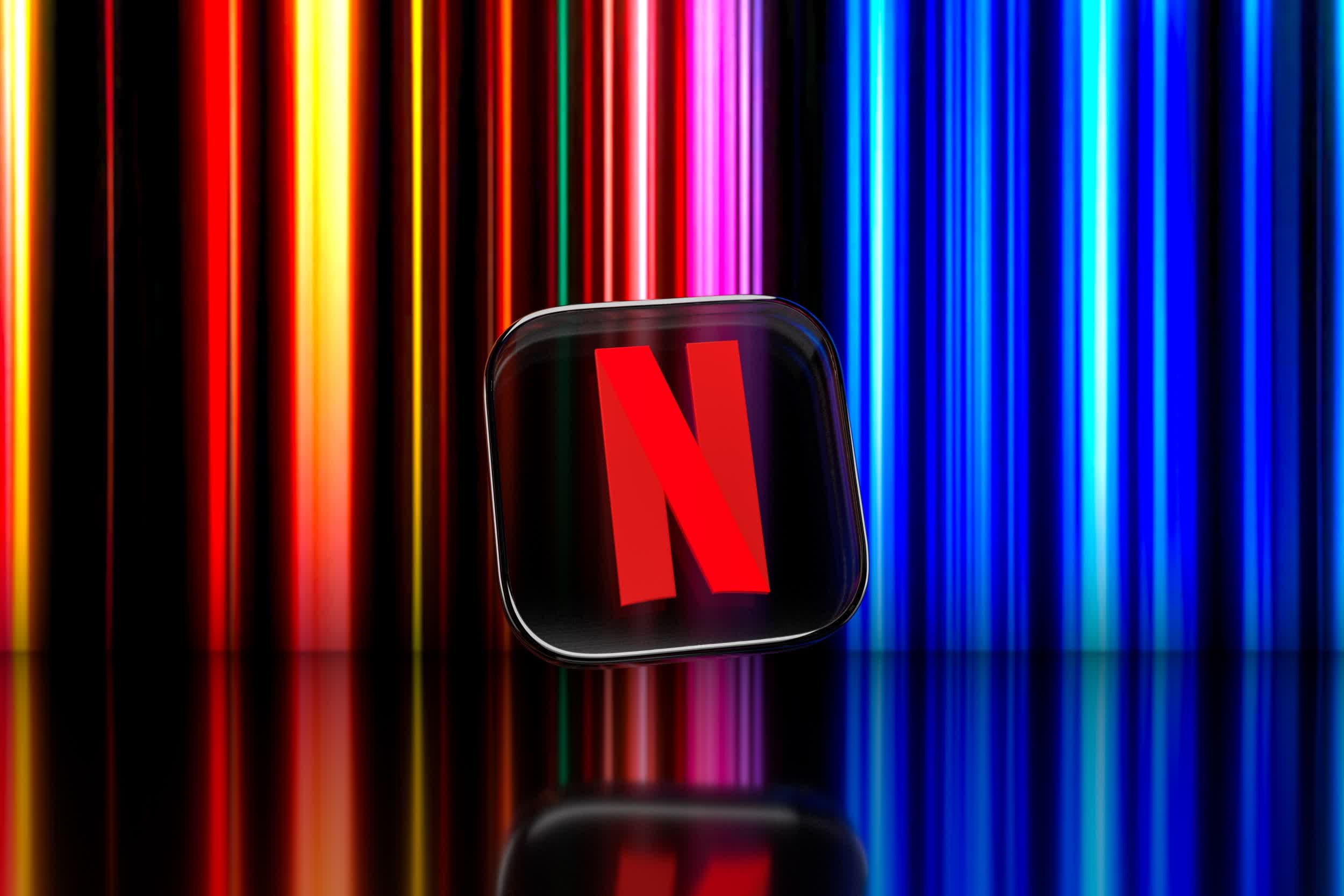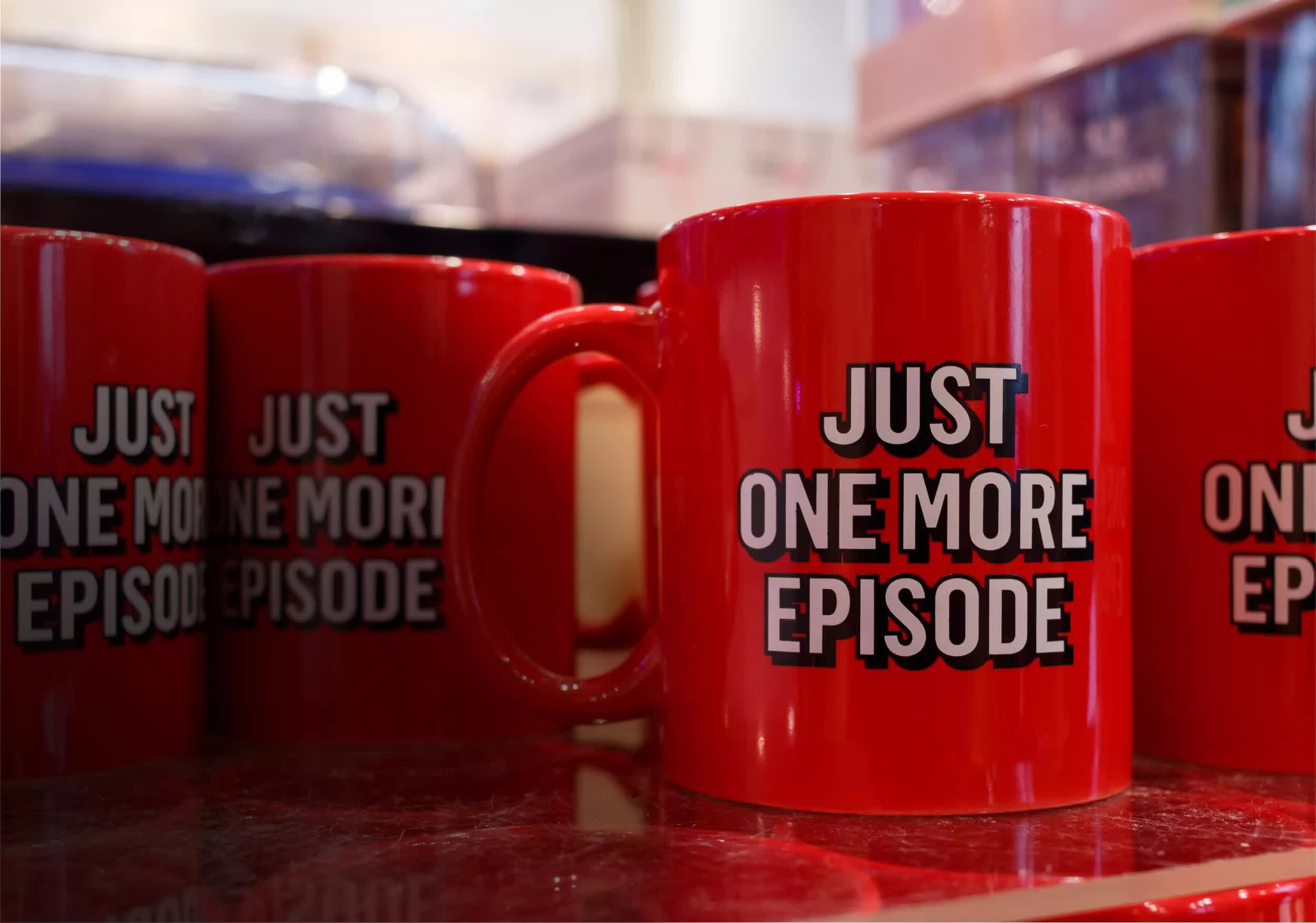The big picture: Netflix recently announced it would be releasing Stranger Things 4 in two parts. The streaming giant and the show’s creators said the upcoming season was nearly twice as long as any previous season, and in an effort to get it to viewers as soon as possible, they’re splitting it into two volumes. But is that the real motivation behind the decision?

Netflix started experimenting with releasing full seasons of new shows all at once with originals like House of Cards and Orange is the New Black. Going against the grain and trying something new is always risky, but the gamble paid off as viewers loved the newfound freedom. The term “binge-watch” was even selected as the Collins English Dictionary’s 2015 word of the year.
The streaming giant has expanded its use of the innovative viewing model over the years, but lately, some have publicly encouraged Netflix to reconsider weekly, paced releases.
The streaming landscape has shifted considerably over the last decade or so, and there are more content providers available to choose from now than ever before. With the enormous amount of content on tap, some argue that it’s all a bit overwhelming. Slowing things down could give viewers more time to stay current with the latest shows.
Timed releases also make it much more convenient to discuss developments with friends or co-workers around the watercooler. What’s more, the gap between seasons seems far lengthier with shows that are released all at once and consumed in an evening or weekend.

Proponents of the binge-watch model argue that it’s all about having willpower and pacing yourself. Fatigue could be real for some, but just because it’s available doesn’t mean you have to watch it right away. And with a little planning, one might even consider reducing the number of streaming services subscribed to and save a bit of money each month.
Not everyone has jumped on the binge-watch bandwagon. Showtime, for example, recently wrapped up Dexter: New Blood on a weekly schedule that spanned more than two months. Disney+ and HBO Max also regularly employ the traditional weekly release model for new shows.
Netflix likely has all of the data it needs to determine if binge watching is helping or hurting subscriber growth, and judging by their actions up to this point, it probably isn’t harmful. One could argue that the competition hasn't adopted the strategy simply because it's too expensive to release a new content at the rate that Netflix is capable of.
What are your thoughts on the matter? Do you prefer having everything at your disposal to consume whenever suits you best, or do you find yourself missing the days of appointment television and the anticipation that comes with waiting for a new episode to drop each week?
https://www.techspot.com/news/93529-netflix-popularized-binge-watching-but-time-move.html